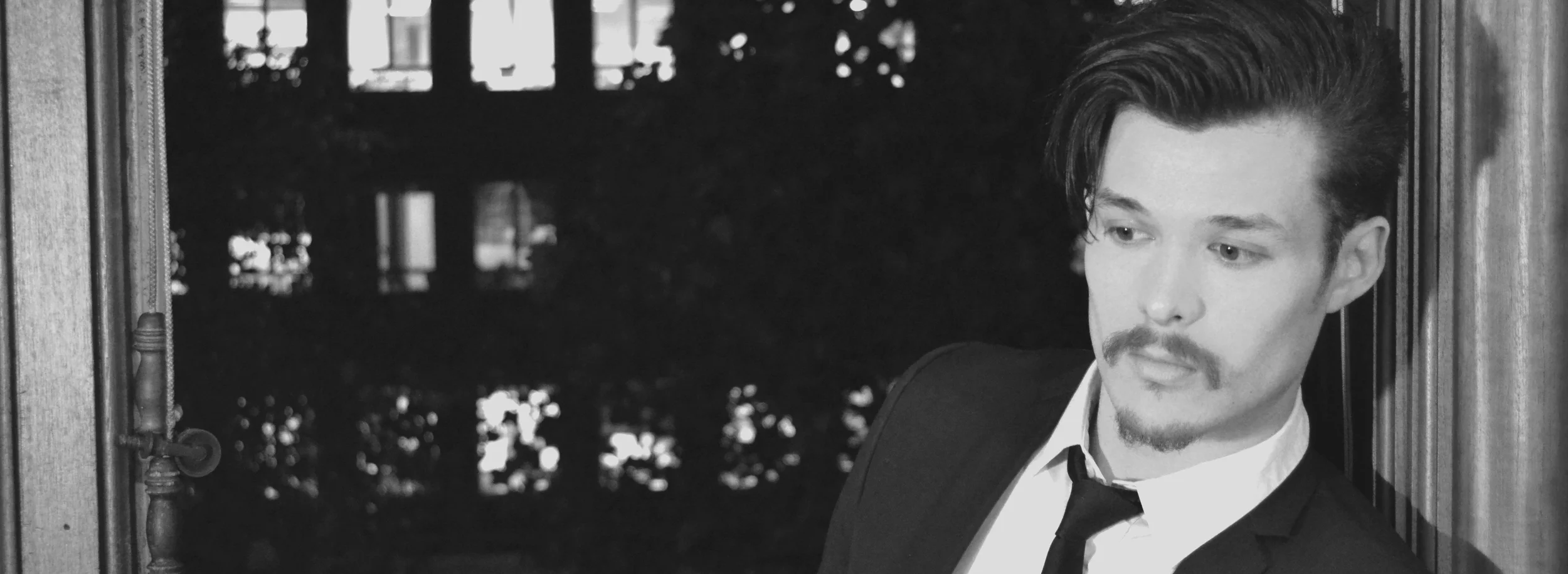The Problem With Classical Music
In recent times, musicians and music lovers alike have been writing the obituary for classical music. Classical record companies are faltering, concerts are lesser and lesser frequented, and general interest is low. Some musicians choose to look for answers to these issues; be it contemporary performance methods, collaboration with other artists, or spending large amounts of money to raise internet profiles. Others choose to chug along with the tried, tested and tired methods of classical performance delivery, and crying foul when they’re confronted with their impending irrelevance.
Part 1 - The Tyranny of Tradition.
Traditional classical concerts are boring! That’s a simple but sadly realistic fact. Sure, they can be amazing, breathtaking and life-changing, but increasingly, as a general rule, it’s a couple of hours of dictatorial entertainment with tired formatting and outdated dogmatic etiquette, where your behaviour is rigorously regulated by an ageing audience of people more concerned with the religious aspects of a concert as opposed to the entertainment factor of incredible music.
It was pointed out yesterday in a seminar for graduates at my school that classical music is the only form of music delivery where audience members are not encouraged, but REQUIRED to sit in dead silence for the duration of the event. Granted, if Ravel’s La Valse is being performed live in front of you, the only thing you CAN do is sit back in terror at the sheer awesomeness of it all, subtle conversation the last thing on your mind, but for a majority of concerts, this is not generally the case.
Why has classical music faulted in recent years? For a multitude of reasons, yes, but in my opinion, the most immediate issue stems from the concert experience. I attend a lot of concerts in a lot of ranging genres, though the type of music events I’ve attended least in the past two years by a country mile have been traditional classical concerts. The tradition is tired. The concert hall with its ‘two curtain calls then encore’ script is boring, the audience members (and worryingly, the performers!) are uninspired, and the entire concept derives from a social milieu developed over a century ago.
The outcome of a classical concert is known before you’ve purchased your ticket. You enter, have a cup of coffee or a chilled beverage before you enter, meet your friends, check your coat, find your seat. You wait patiently till the allotted time of commencement, you applaud. The maestro comes out last, because, that’s what happens. He bows, you all sit in reverent silence. The play a shortish piece, followed by a huge piece. An hour later, you have an interval, grabbing a little refreshment, a cheeky cigarette, before the bell dings and you return to your seat. You clap again, the maestro smiles. Some lovely older person forgets to turn off their phone, and they’ve assumed the role of the devil for the evening. Weird piece that nobody really gets into, cue reading of excessively priced program notes, big finale piece, conductor bows, everyone keeps clapping because, well, that’s what we do, encore is called for, well rehearsed piece played, couple more curtain calls, home.
Not to mislead anyone here, I actually do love this type of event, and I believe there is absolutely a place for this style of concert delivery in the performance repertoire - BUT; it can no longer remain the sole recognisable and attended form of classical performance if we as musicians wish to stay relevant in the 21st Century.
The shocking thing to think about is this; Classical music performance has not evolved in almost 100 years in terms of format or etiquettes observed. Programme notes from the 1920’s are available and follow almost an identical format to one you could see at Wigmore Hall tomorrow night - I’ve been wracking my brain to think of something comparable that has absolutely refused to budge in such a long time period!! Since then, we’ve seen the emergence of blues, ragtime, jazz, rock and Queen Miley, and all the while, classical music has been sitting in the corner like a nerdy friend who feels guilty for speaking too loud at a party. Countries have been formed, reabsorbed, reformed and the word ‘tweeting’ made its way into the Oxford Dictionary. The English Cricket Team even had a period where they were on top of the Australians - truly a sign that everything MUST change in time. Human existence has transformed so much with technology, world travel and education, yet we stubbornly believe this archaic performance tradition will somehow return to vogue.
It is up to us as musicians to come up with solutions to these issues; by breaking traditions and norms and coming up with something truly unique and exciting or people to experience. Many musicians are already doing this; contemporary composers constantly reinvent performance traditions to a small but dedicated devotee audience, whilst some performers such as James Rhodes and Martynas Levickis are marketing themselves as Performers Of the People, as opposed to the generic Pedestal Occupying Preachers. French conductor Thibault Back has started a revolution trying to rediscover the zeitgeist and aesthetics of historically accurate performance etiquette to great success, and the overwhelming response from musicians and audience members is that this is good! And we want more!!
Perhaps the most important issue as performers to realise is that our style of performance must evolve with changing trends. The recording and urtext era we are in has led us to an exciting transition period. Performances must be individual and exciting. We are no longer cover bands. The universities must allow us to transform our desires into abilities. We have a duty to ensure our performances are engaging, and move on from our unhealthy obsession with being ‘correct’ above ‘entertaining’.
NEXT: Part Two - What are we being taught? The reason for reticence.

